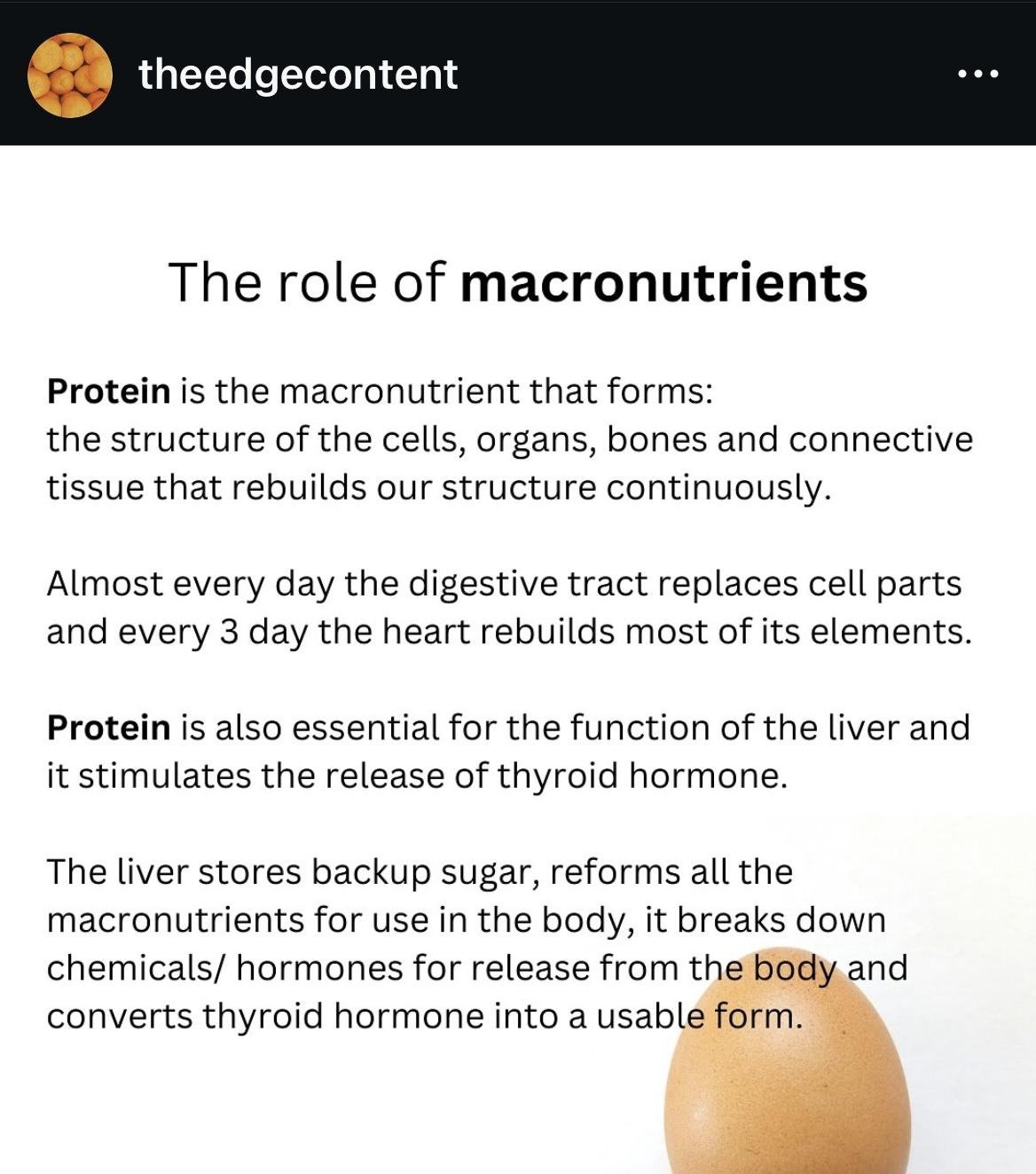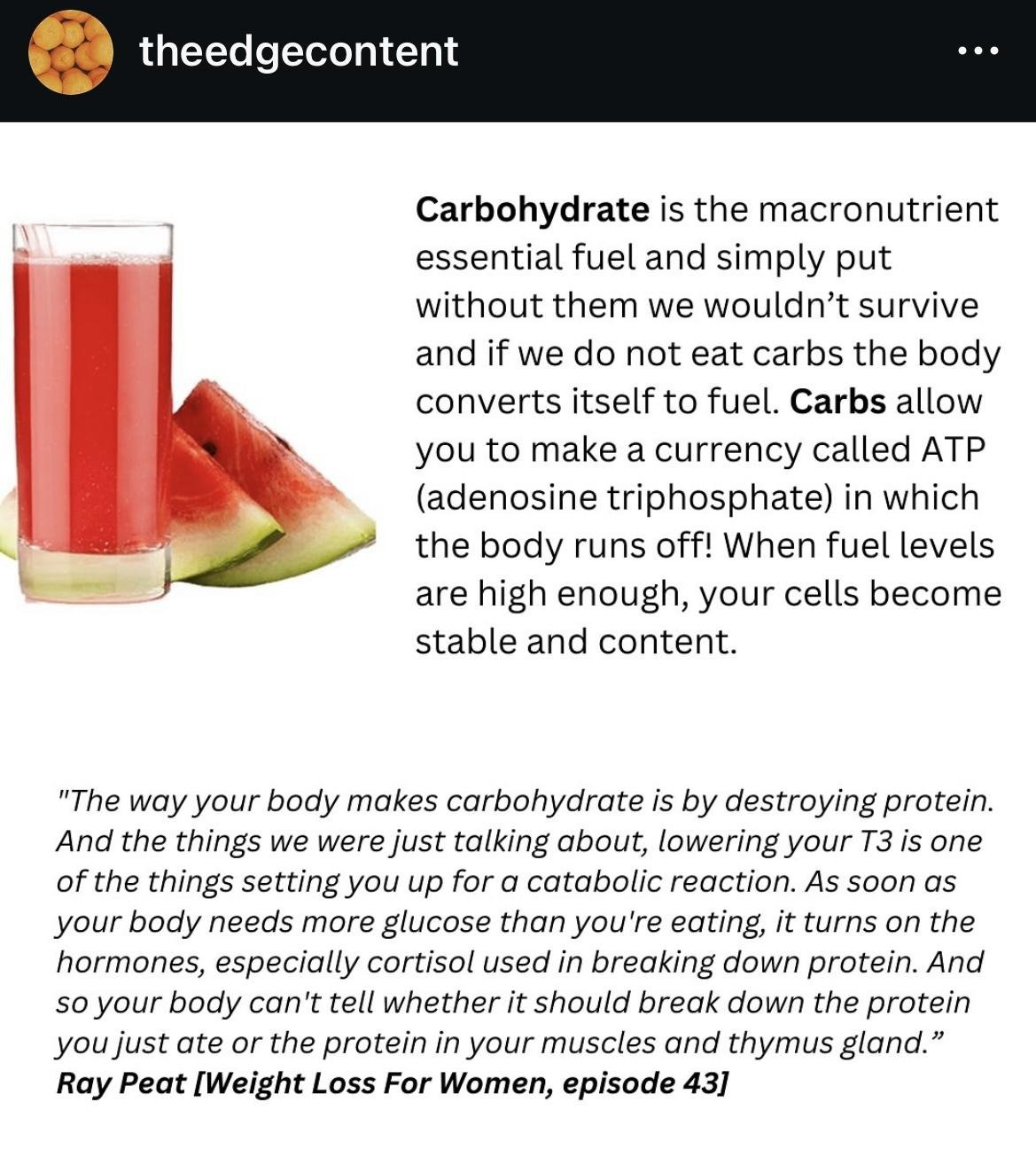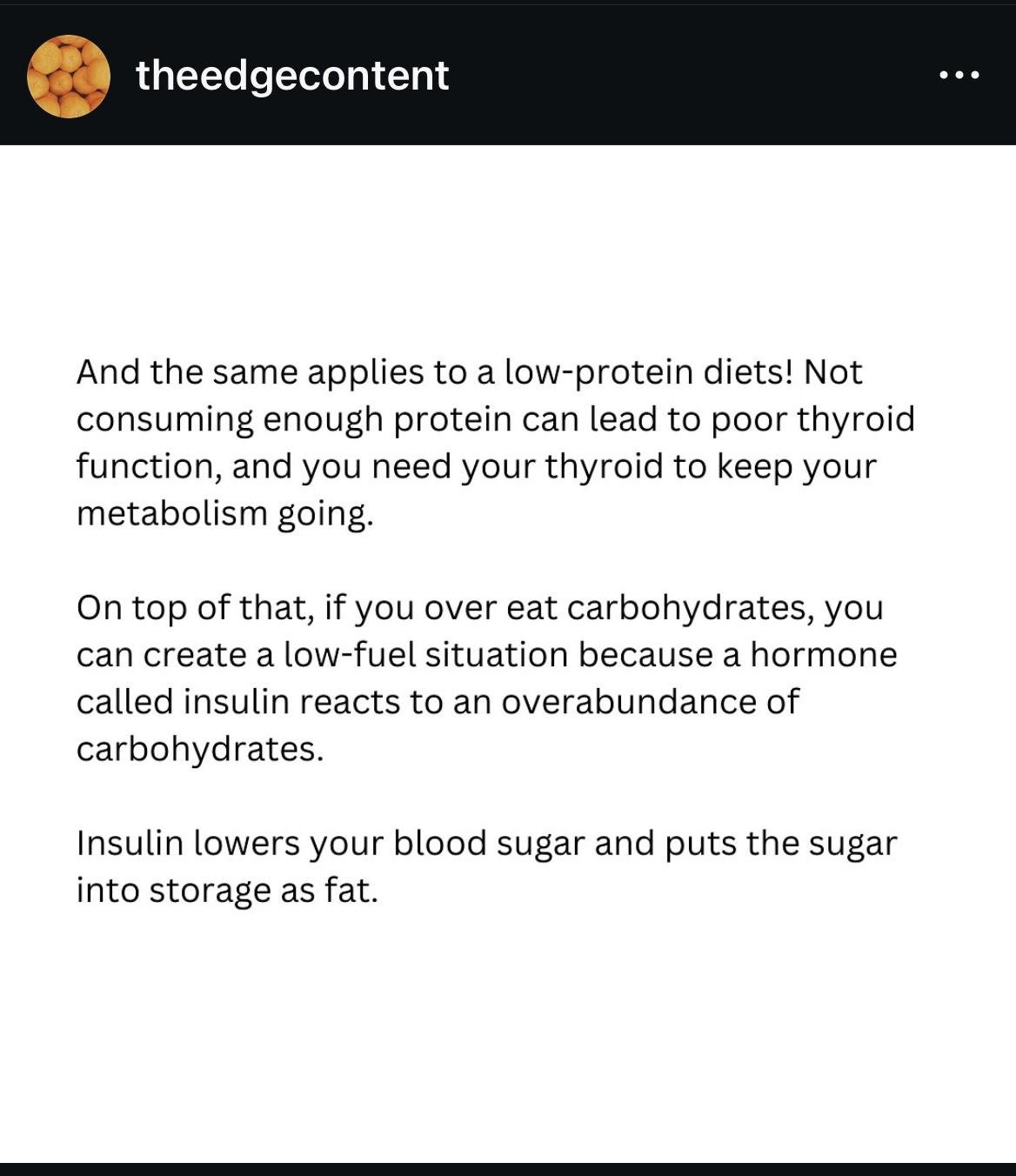MORE WEIGHT LOSS TALK
Tagged: bad breath, milk, Weight loss
- This topic has 114 replies, 12 voices, and was last updated 5 months, 2 weeks ago by
 Cari.
Cari.
-
AuthorPosts
-
November 1, 2024 at 8:06 pm #3894
 November 1, 2024 at 8:06 pm #3895
November 1, 2024 at 8:06 pm #3895 November 1, 2024 at 8:10 pm #3908
November 1, 2024 at 8:10 pm #3908 November 1, 2024 at 8:10 pm #3909
November 1, 2024 at 8:10 pm #3909 November 1, 2024 at 8:10 pm #3910
November 1, 2024 at 8:10 pm #3910 November 1, 2024 at 8:11 pm #3911
November 1, 2024 at 8:11 pm #3911 November 2, 2024 at 11:41 am #3914
November 2, 2024 at 11:41 am #3914Thank yoouuuuu. This is very helpful and educational. Love ❤️
November 2, 2024 at 2:20 pm #3915Endocrine abnormalities of obesity
https://www.sciencedirect.com/science/article/abs/pii/0026049595903151
Studies have shown that patients with central obesity have increased cortisol secretion, probably because they have increased activity of the hypothalamic-pituitary-adrenal (HPA) axis. A high waist-to-hip ratio (WHR) is associated with low production of sex steroids, such as testosterone in men, and a low rate of secretion of growth hormone. High levels of cortisol and insulin combined with low levels of growth hormone and sex steroid can cause lipid accumulation. These hormonal changes probably produce more deposition of visceral than subcutaneous fat. Patients who are deficient in either testosterone or growth hormone show a reduction in visceral ediposity when their hormone levels are normalized. Stress has been shown to activate the HPA axis and may cause the hormonal changes associated with obesity. Individuals with elevated WHR have indications of high levels of stress and anxiety. Monkeys that were stressed by social disruption were found to have increased cortisol levels and low sex steroid levels. Many of these animals had insulin resistance and visceral adiposity. Stimulants, such as alcohol and smoking, also increase the activity of the HPA axis.
November 2, 2024 at 2:21 pm #3916Visceral fat accumulation in men is positively associated with insulin, glucose, and C-peptide levels, but negatively with testosterone levels
https://www.sciencedirect.com/science/article/abs/pii/002604959090297PTwenty-three healthy men (age 25 to 50 years), covering a wide range of fatness and body fat distribution, were studied. An oral glucose tolerance test was performed and adipose tissue areas were calculated from computed tomography (CT) scans made at the level of L4L5. Visceral fat area was associated with elevated concentrations of insulin and C-peptide and with glucose intolerance before and after the oral glucose load. Concentrations of sex-hormone-binding glubolin (SHBG), as well as total and free testosterone, were negatively correlated with waist/hip circumference ratio and visceral fat area and also negatively associated with increased glucose, insulin, and C-peptide concentrations. In multiple linear regression, adjusting for age, body mass index, and visceral fat area, serum concentrations of free testosterone were still negatively correlated with glucose, insulin, and C-peptide levels. Without claiming any causality in the observed associations, we conclude that, unlike in women, abdominal fat distribution, insulin, glucose, and C-peptide levels are negatively associated with serum testosterone levels in men.
November 2, 2024 at 2:22 pm #3917Decreased energy levels can cause and sustain obesity
(Mike Fave cited this paper a few times on his youtube channel, and did an in depth review there, as well)https://www.sciencedirect.com/science/article/abs/pii/S0022519303002182
Obesity has reached epidemic proportions and has become one of the major health problems in developed countries. Current theories consider obesity a result of overeating and sedentary life style and most efforts to treat or prevent weight gain concentrate on exercise and food intake. This approach does not improve the situation as may be seen from the steep increase in the prevalence of obesity. This encouraged us to reanalyse existing information and look for biochemical basis of obesity. Our approach was to ignore current theories and concentrate on experimental data which are described in scientific journals and are available from several databases. We developed and applied a Knowledge Discovery in Databases procedure to analyse metabolic data. We began with the contradictory information: in obesity, more calories are consumed than used up, suggesting that obese people should have excess energy. On the other side, obese people experience fatigue and decreased physical endurance that indicates diminished energy supply in the body. The result of our work is a chain of metabolic events leading to obesity. The crucial event is the inhibition of the TCA cycle at the step of aconitase. It disturbs energy metabolism and results in ATP deficiency with simultaneous fat accumulation. Further steps in obesity development are the consequences of diminished energy supply: inhibition of beta-oxidation, leptin resistance, increase in appetite and food intake and a decrease in physical activity. Thus, our theory shows that obesity does not have to be caused by overeating and sedentary life-style but may be the result of the “obese” change in metabolism which is forcing people to overeat and save energy to sustain metabolic functions of cells. This “obese” change is caused by environmental factors that activate chronic low-grade inflammatory process in the body linking obesity with the environment of developed countries.
-
This reply was modified 1 year, 4 months ago by
Zack-Vegas.
-
This reply was modified 1 year, 4 months ago by
-
AuthorPosts
- You must be logged in to reply to this topic.
Author
Cari aka "Rinse & rePeat"